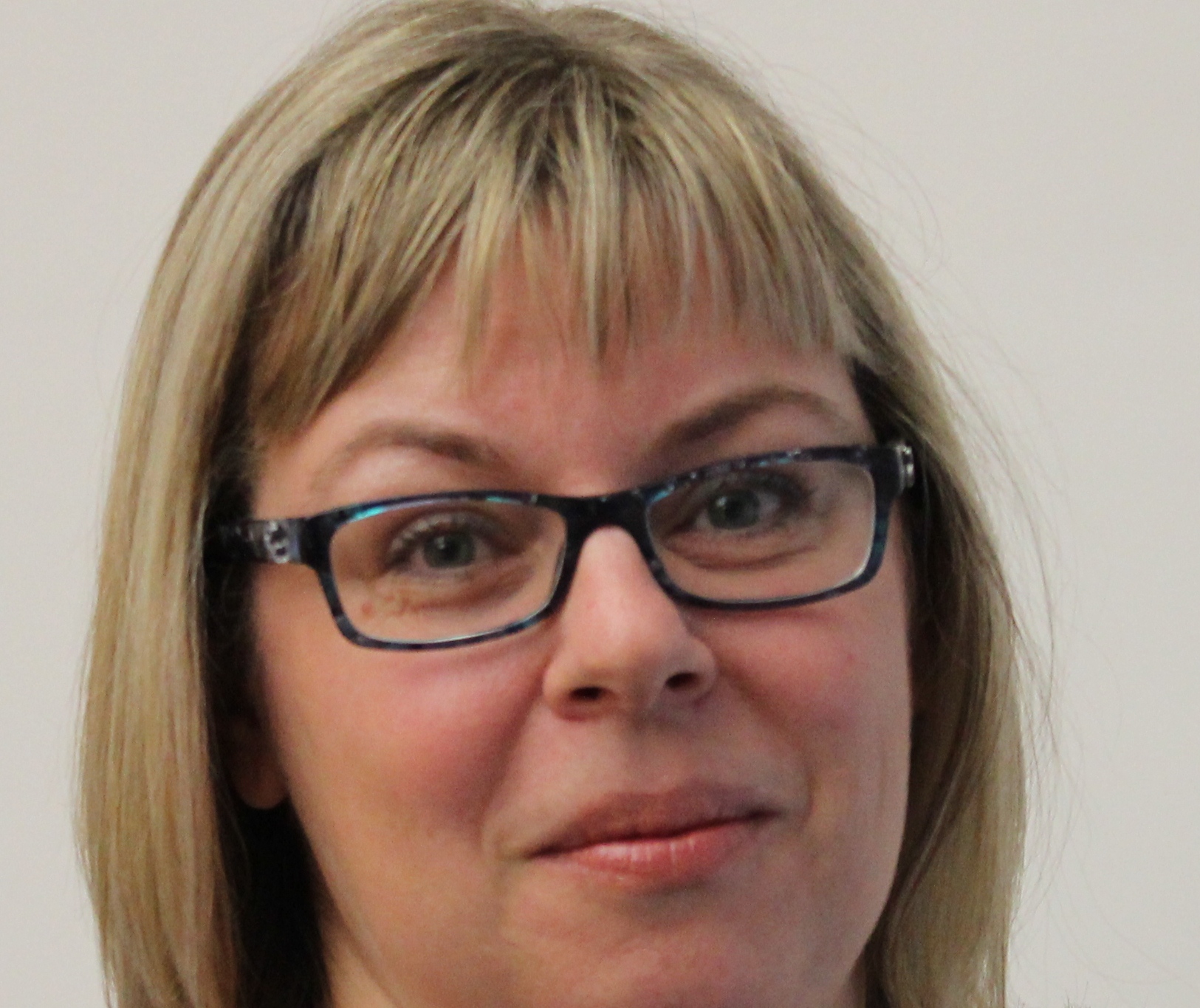- Home
- About Us
- The Team / Contact Us
- Books and Resources
- Privacy Policy
- Nonprofit Employer of Choice Award

 The following excerpt is from Prospect Research in Canada: An Essential Guide for Researchers and Fundraisers, a recent publication by Hilborn's Civil Sector Press.
The following excerpt is from Prospect Research in Canada: An Essential Guide for Researchers and Fundraisers, a recent publication by Hilborn's Civil Sector Press.
Fundraising has moved from dedicated, devoted volunteers raising what funds they could for a charity to a professional business focused on securing transformational mega gifts to meet the demanding needs of the organization. While increased professionalism has meant a more structured, strategic and transparent industry, it has also resulted in greater stress, pressure and intensity to secure the gift. In this environment, unethical actions can collide with ethical standards.
Prospect research deals primarily with the collection, collation and curation of professional and personal data of an organization’s prospects and donors. Research concerns itself with determining capacity, affinity and potential connections. While publicly available, the combination of disparate pieces of data creates insights into a constituent’s financial background and personal motivations—insights that can be considered sensitive. Thus, there is an intense scrutiny on the methods of collection and analysis that researchers conduct.
Ethics are ever-changing due to context and situation. Ethical behaviour is very much intertwined within the culture and values of the industry, the individual and the organization one works for. While there is no manual for ethics, ongoing conversations and discussions on the topic demystify the work of prospect research, helping to ensure that it remains ethical within fundraising.
Prospect research isn’t creepy
The purpose of prospect research is to determine the best possible prospects for an organization to solicit: those that have the capacity to give generously, have an interest and affinity in the cause and are connected in some way to the organization. It is about helping to ensure that front line fundraisers are maximizing their time and resources to inspire transformational gifts from prospects that have the greatest likelihood of doing so. In order to do that, researchers engage in the collection, analysis and interpretation of disparate pieces of data to form competitive intelligence about potential donors. They are the development officers on the front line of information management.[1]
Preparing a profile for a current or potential donor means scouring internal sources such as the donor database and paper files, as well as sleuthing out insights through external sources such as websites, directories, news articles and social media channels. Those unfamiliar with the practice of prospect research sometimes view this activity with unease. It is not uncommon to hear a co-worker use the word “creepy” to describe the work of profile generation. Others unfamiliar with fundraising are surprised that such tactics are used by a charity.
Researchers and fundraisers are good, honest people who are in the business of making a positive impact through their charities in serving their communities. But there are many “grey area” situations that can trip up the best and brightest professionals. How do we ensure that our methods aren’t perceived as “creepy”? How do we navigate the grey areas with confidence? With an ethical framework, the line between acceptable and questionable methods of data collection is clear, and ensures the methods don’t slide into questionable territory.
This article is excerpted from Liz' chapter on "Research Ethics" in Prospect Research in Canada: An Essential Guide for Researchers and Fundraisers, edited by Tracey Church and Liz Rejman.
Liz Rejman is an expert in database management and prospect development and has spent her entire career working in the not-for-profit sector with arts organizations, healthcare foundations, and higher education institutions. She has instructed at both Western University and at Georgian College. Liz is a former member of the board of directors for APRA Canada and is currently an Officer on the board of directors for APRA International.
[1] "The Strategic Role of Research in the Development Process,” APRA International, Aug. 2, 1998. www.aprahome.org. Retrieved March 11, 2016.